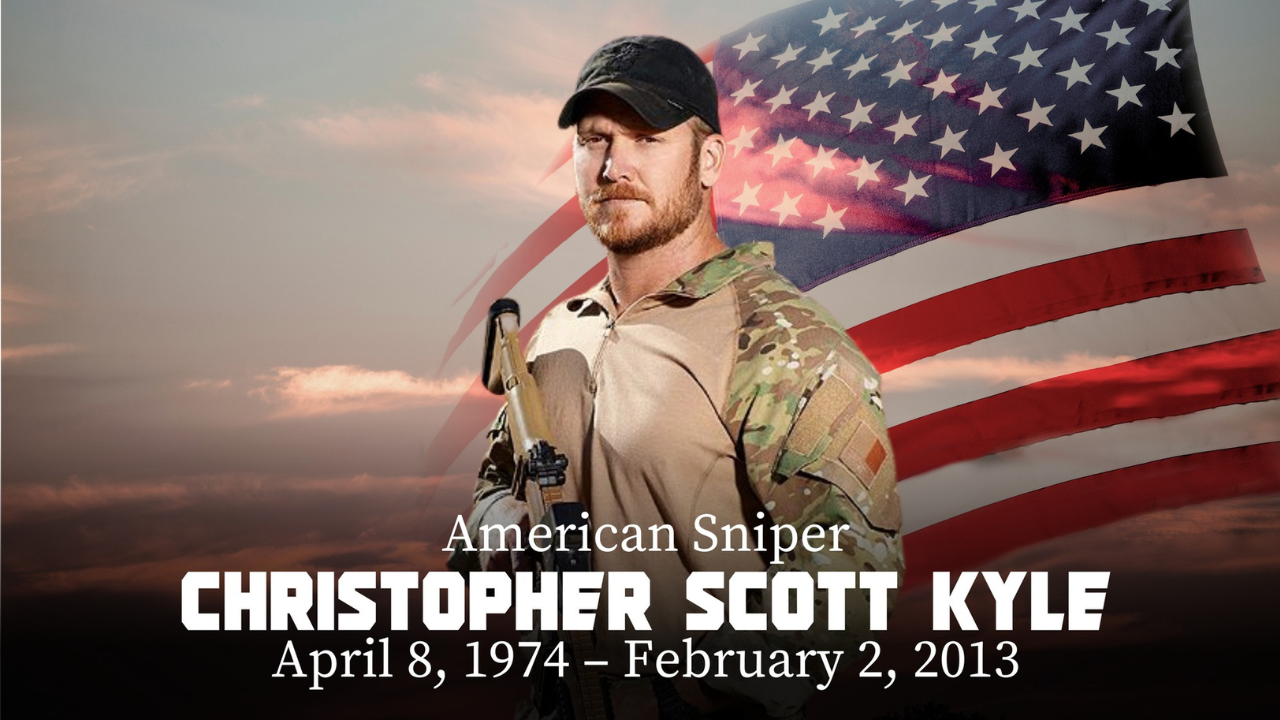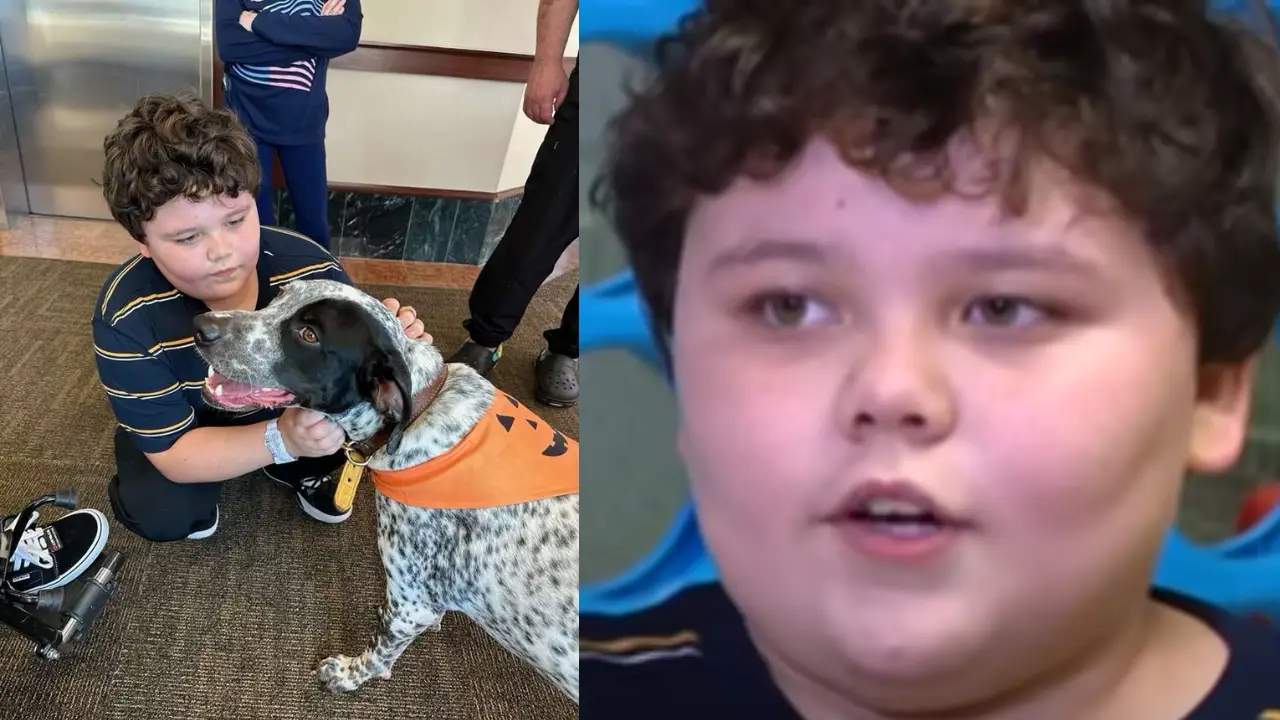Terrence Bucklew Experience
“They left me for dead once; I woke up in a body bag, laying on the ground-not knowing where I was or what was occurring. That was obviously just one part of my tale, but take a ride with me all the way back to where it started.”

Born in Florida, I was raised in a military family. My dad was a pilot in the U.S. Air Force: World War II, Korea, and later-on for the CIA—though I probably shouldn’t say that. His career definitely had an influence on me, but unlike him, I was drafted. The draft was coming down hard in 1968, and my dad suggested I enlist in the Army and aim for flight school.

I followed the advice, but my eyesight prohibited flying. So, I ended up in communications school, training as a 72B20.
The three top choices for assignments when I graduated from Advanced Individual Training were: Rome, Italy; Ethiopia; or Vietnam. By the time, I figured I’d end up in Vietnam anyway, so I chose it. On 16 October 1968, I was on a plane headed to Vietnam with 240 other guys from my class. Welcome to Vietnam
We were supposed to land in Tan Son Nhut, but the airfield was taking some shelling. Circling an hour, we were waved off to head for Da Nang. Da Nang couldn’t take us either, so we spent more time circling, this time running low on fuel. Finally, we were sent to Cam Ranh Bay, where we landed in the middle of a rocket attack.

We went down the plane’s escape shoots, then climbed up a berm and found ourselves in a ditch for safety. Welcome to Vietnam.
They put me off comms onto field wire work-pole climbing, fixing wires in the middle of nowhere. I had no idea what I was doing. I wasn’t trained for this. But that didn’t matter. You had to learn fast out there. Then, after a couple of weeks, we had our first attack on the compound.
Real quick I knew this isn’t for me: “I don’t want to be out in the open like that.” Then they put me on convoy duty.
Life in a War Zone
One of our regular routes was through a place called My Lai-every time through, we got hit. Terrifying at first, but then I just kinda accepted that I probably wasn’t gonna make it back home. You learn to live with that feeling. I wasn’t cocky, but I resolved to survive each day, one day at a time.
I volunteered for convoys and all sorts of other dangerous tasks. It wasn’t bravery, just survival. One time, they dropped me in an LZ with just a grenade launcher and a roll of field wire. My job was to lay wire for communication and claymore mines while others covered me. I couldn’t even fire back if we got hit, but we got through it.
Eventually, I was reassigned to a unit called Chu Lai Defense Command, CLDC for short. It was responsible for the bunker line that circled the entire city of Chu Lai. The VC and NVA were coming relentlessly. They didn’t care whether it was a man, a woman, or a child.
The rules of engagement were constantly being changed. We were forbidden from firing our weapons without clearance. That got people killed. I ignored those rules. I wasn’t going to die simply because some general had decided we needed to wait before shooting.

A Near-Death Experience
One day, a rocket attack blew up the jeep I was driving. I was thrown into a culvert, and my head was ripped open. They thought I was dead, handing me over, zipped up in a body bag. Hours later, I woke up inside that bag, completely disoriented. I had no idea about what had happened or where I was.
The MPs took me to the hospital after they found me and realized I had survived. It took years to remember the details of that day. It was such a deep trauma that my mind had blocked it for so long. Looking Back What does my service mean to me, fifty years on? I don’t mind saying, never did finish the job. That’s what gnaws at me.
Yeah, we went over there; we fought; did what was asked of us. But we don’t win it. You have a sense of inner pride that you went and did your duty. But the fact we didn’t pull off the mission weighs heavy. I also think of the boys in Afghanistan and know they feel like me. There’s an emotional linkage among any of us that have been at war. We carry the pain of wars unfinished, yet we bear pride in serving, even when the prospects were not with us.


